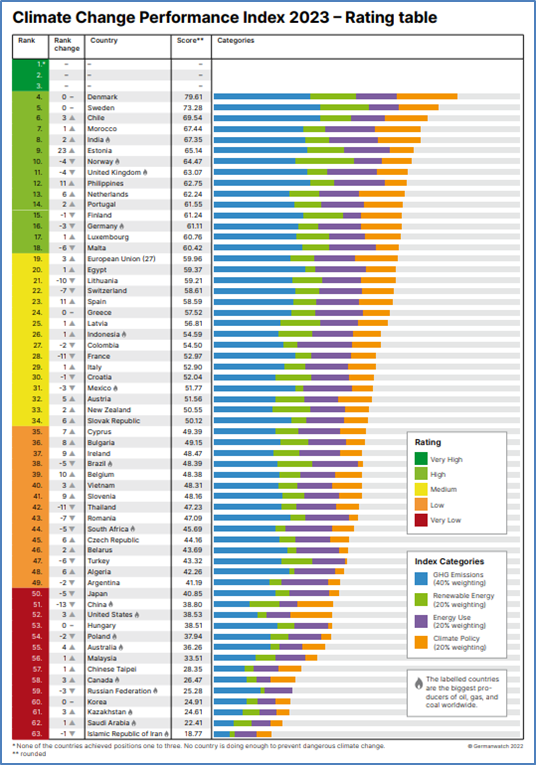Ontario “matchmaking” initiative boosting innovation collaboration and inclusivity
The Ontario Collaborative Information Platform, managed by eCampusOntario, aims to be more inclusive, collaborative and interdisciplinary in connecting researchers, businesses and institutions.
Other stories mentioning these organizations, people and topics
Other News
Events For Leaders in
Science, Tech, Innovation, and Policy
Discuss and learn from those in the know at our virtual and in-person events.
See Upcoming Events
You have 0 free articles remaining.
Don't miss out - start your free trial today.
Start your FREE trial Already a member? Log in
By using this website, you agree to our use of cookies. We use cookies to provide you with a great experience and to help our website run effectively in accordance with our Privacy Policy and Terms of Service.





